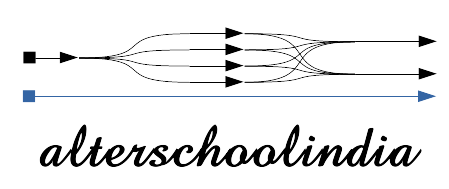The argument from inconsistent revelations, also known as the avoiding the wrong hell problem, is an argument against the existence of God. It asserts that it is unlikely that God exists because many theologians and faithful adherents have produced conflicting and mutually exclusive revelations.
For example,
Christians believe that Jesus is the Christian Messiah, Savior of the World and the divine Son of God; Jews and Muslims do not. Similarly, Muslims believe that the Qur'an was divinely authored, while Jews and Christians do not. There are many examples of such contrasting views, indeed, opposing fundamental beliefs (schisms) exist even within each major religion. Christianity, for example, has many subsets (denominations), which differ greatly on issues of doctrine. Hinduism, with its conception of multiple avatars being expressions of one Supreme God, is more open to the possibility that other religions might be correct for their followers, but this same principle requires the rejection of the exclusivity demanded by each of the Abrahamic religions.
Additionally, faith-confirming events such as visions and miracles are reported within all faiths with regularity. A single deity associated with a single exclusive existing faith or sect would either have to have caused adherents to other faiths to have visionary or miraculous experiences which lead them to continue to reject the true faith, or at least allowed some other agency to cause these same effects.
The problem does not arise in some theological models. In Deism, it is believed that there is a God, but presumed that there are no divinely caused revelations or miracles at all, leaving reports of such to have natural explanations. In some forms of Pantheism (where God is the Universe) and in Pandeism (where God has become the Universe), the appearance of many inconsistent divine revelations or miracles might simply result unintentionally from the divine nature of the Universe itself.[citation needed]
The concept of mutual exclusivity of different religions itself (as opposed to religious pluralism) is primarily associated with Abrahamic faiths; pagan religions, historically the most common forms of worship, were typically polytheistic and compatible with each other. The roots of the mutual exclusivity may be seen in the Torah, where Jews are ordered to worship the God of Israel to the exclusion of all others.
- extracted from Argument from incomplete revelations, Wikipedia as on 29th April, 2018
Despite the differences in religious beliefs, it is important to remember that we all are humans first.


 Got any questions?
Got any questions?